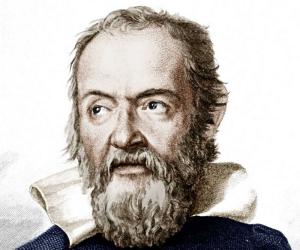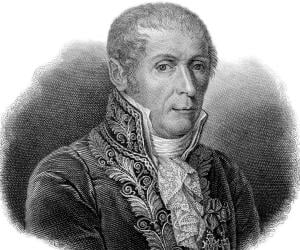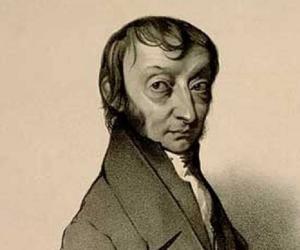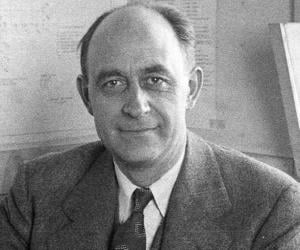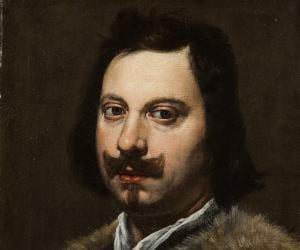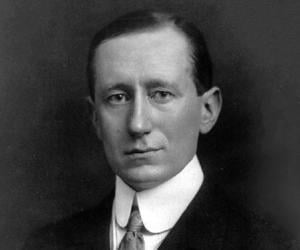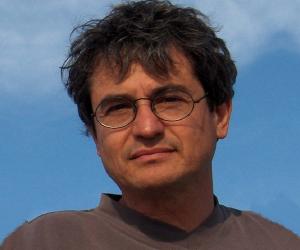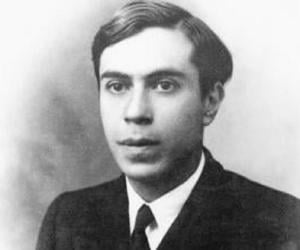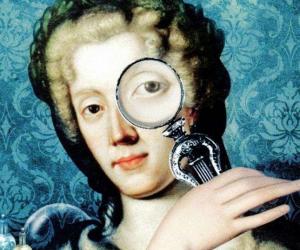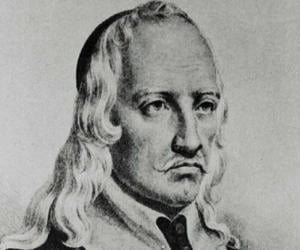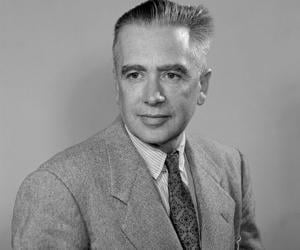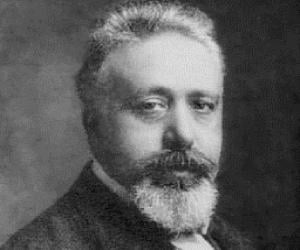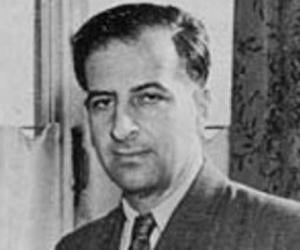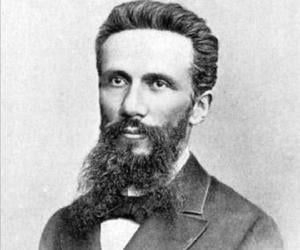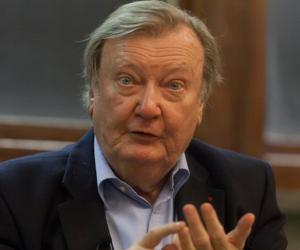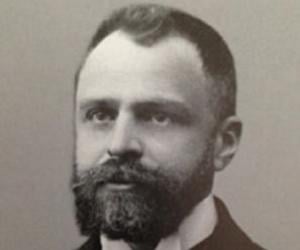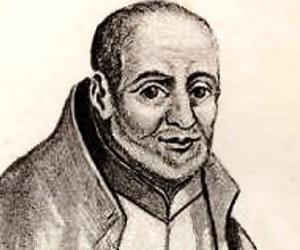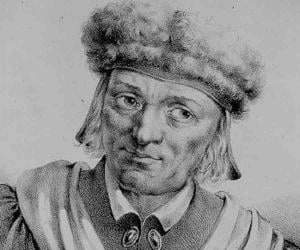1
Galileo Galilei
(Known as “Father” of Observational Astronomy who Invented the ‘Thermoscope’ and Various Military Compasses)
Birthdate: February 15, 1564
Sun Sign: Aquarius
Birthplace: Pisa, Italy
Died: January 8, 1642
Galileo Galilei, an Italian astronomer, physicist, and engineer, was a pioneer in observational astronomy and classical physics. He made significant contributions to the fields of speed, velocity, gravity, free fall, and projectile motion. Galileo also excelled in applied science and technology, inventing military compasses, improving telescopes for celestial observations, and developing the thermoscope. Despite facing opposition from the Catholic Church for his support of Copernican heliocentrism, Galileo continued to advance scientific knowledge through his writings on kinematics and materials strength.
